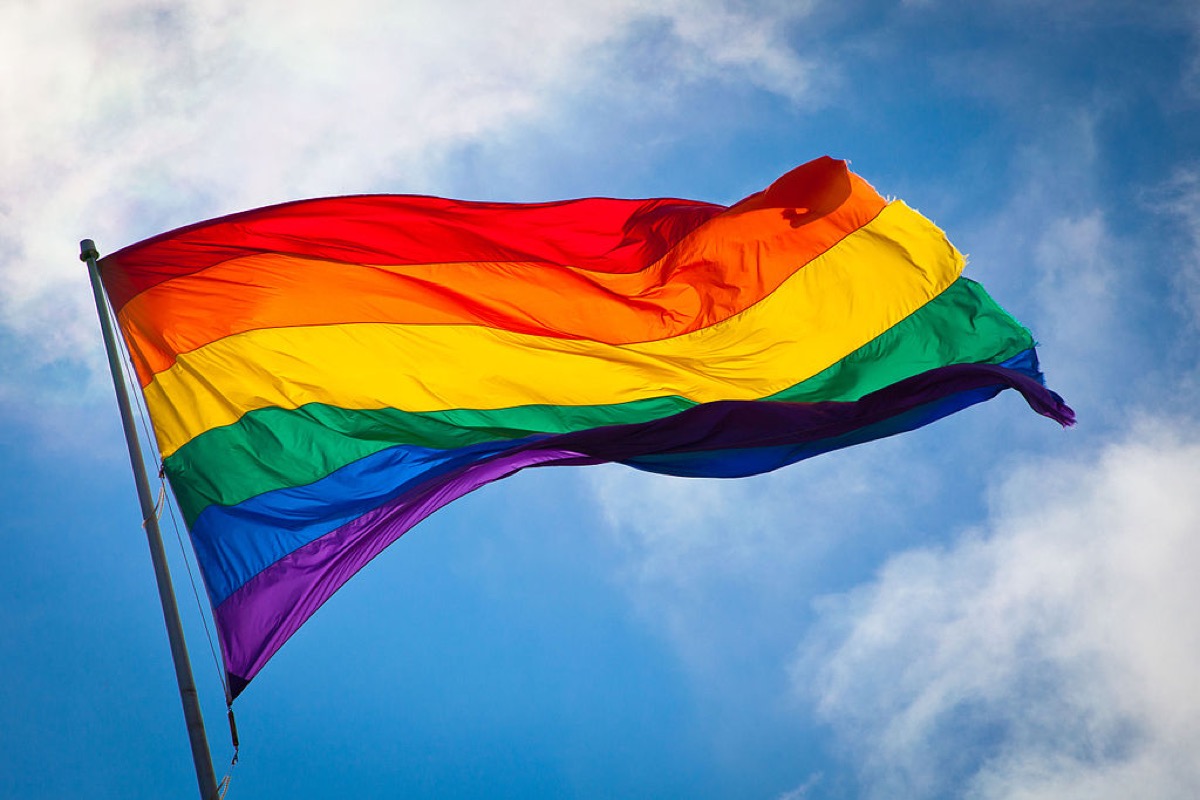National charity awarded funding to help restorative justice for LGBT victims of hate crime
Why Me? Victims of Restorative Justice was awarded £57,000 to help support victims of hate crime
By Steve Brown

A national charity has been given funding to help increase restorative justice for LGBT+ victims of hate crime.
City Bridge Trust – London’s corporation charitable funder – donated £57,000 to the Southwark charity Why Me? Victims for Restorative Justice which helps support victims of hate crime and allow them to meet their offenders to help with recovery.
Under careful managed conditions, restorative justice allows a victim to meet with the perpetrator following a conviction and gives LGBT+ victims the chance to communicate and explain the impact of the crime.
Alison Gowman, chair of the City of London Corporation’s City Bridge Trust Committee, said: “It’s clear from the many stories of those that have been through restorative justice that it has many benefits and can be a really effective aid in the recovery process for survivors of crime.
“This charity has vast experience in this sector and is in the best position to carry out this London project, which will offer an option to0 some that not all know exists.
“Tackling disadvantage across the capital is essential to make London a fairer and better place to live.”
Director of Why Me?, Lucy Jaffe said: “The City Bridge Trust grant to Why Me? over the next two years will enable us to understand more about how to tackle the impact of hate crime against LGBTQ+ people in London through restorative approaches.
“At a time when hate crime has sharply risen and the criminal justice system is struggling to deal with the impact, restorative justice is a quietly radical and effective means of addressing these issues.
“We will be seeking to work in partnership with equality organisations operating in London to spread awareness and understanding of restorative justice and to trial and learn about practical ways that restorative approaches can work to support LGBTQ+ victims of hate crime.”
